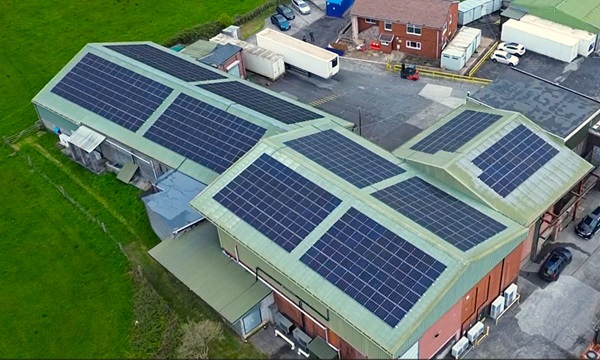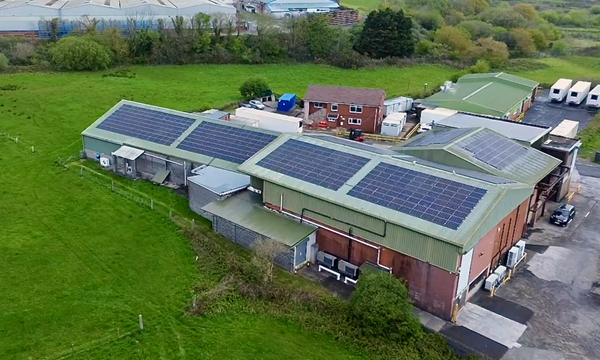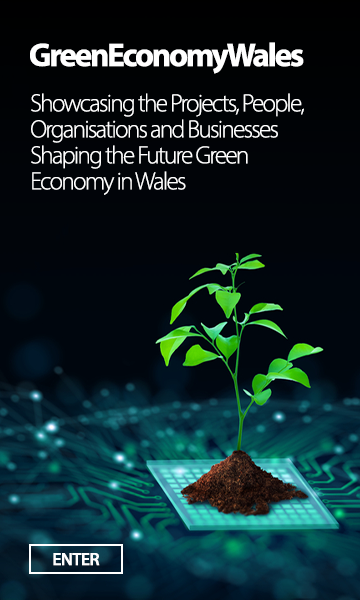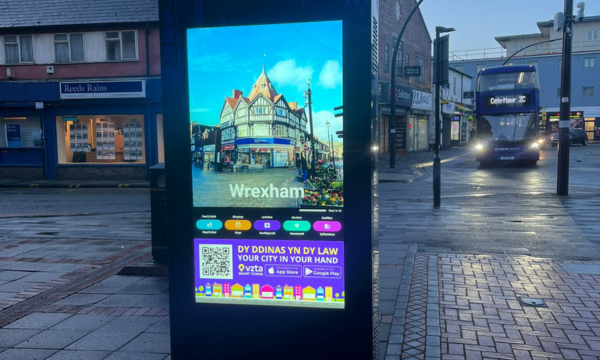
Prima Foods UK Ltd, the UK’s largest factory producing suet and dumplings, is now running on 100% renewable electricity and generating its own power after a major solar panel installation at its site in Llanelli, south Wales.
The business has committed to reducing its carbon emissions, with a goal of achieving Net Zero by 2033. After a comprehensive review of its energy requirements last year, Prima Foods worked with Mypower Solar Professionals to deliver a state-of-the-art rooftop solar PV system.
The site's complex layout, comprising multiple buildings and incoming supply points, necessitated a meticulously planned installation. In early 2024, a 180.2 kWh capacity system was installed, made up of 424 solar panels, covering 848 m².
The system is projected to produce over 160,000 kWh of electricity annually, contributing up to 15% of its total electricity needs. The solar installation will help prevent approximately 35.4 tonnes of CO2 emissions annually. Alongside the installation, for the remainder of the electricity needed, Prima Foods has moved to a contract for 100% REGO certified green energy from renewable sources.

Speaking about the new installation, Peter Rice, managing director of Prima Foods Ltd said:
“The recent sustainability training provided by the Food & Drink Skills Wales programme has been instrumental in these advancements. This training has empowered us to implement positive changes that will have long-term sustainable impacts on our business operations.
“Building on the success of this current installation, we are already planning a second phase of the solar panel project for next year. This expansion will mean we are generating around 25% of our electricity needs through on-site solar panels, including powering a new Welsh Government grant-funded cold store which is being built.”
In addition to the solar and renewable energy project, Prima Foods is dedicated to advancing its ESG standards, aligning operations with the UN Sustainability Goals to promote health and well-being, clean energy, responsible food production and consumption, climate action, and hunger reduction.
Initiatives so far include achieving Level 1 Green Dragon accreditation in June 2024, with a commitment to reaching Level 2 by July 2025, and conducting a comprehensive review of its Equality, Diversity, and Inclusion policies throughout 2024 to ensure alignment with its sustainability goals. The company aims to become a Net Zero Business by 2033, reducing its environmental impact through reducing packaging, waste and unnecessary activities.









